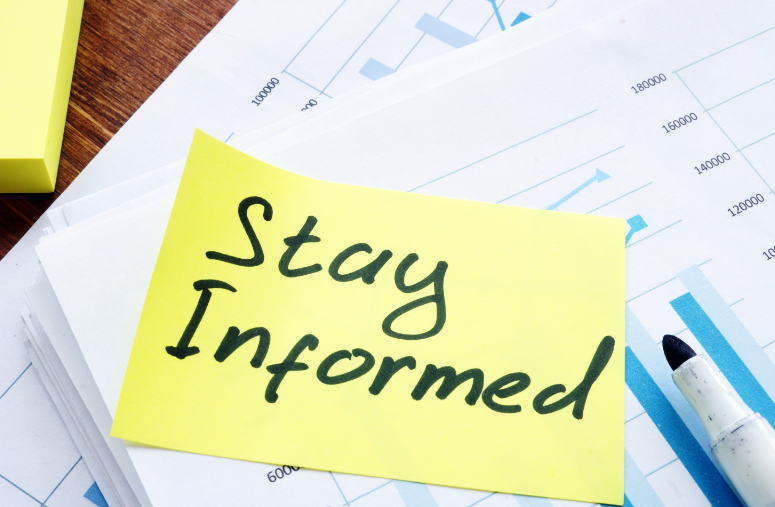During a time where we are all constantly inundated with information from various sources, staying well-informed is both critical and challenging. Reliable news sources and fact-checking are important tools to utilize in navigating the sea of information and helps to ensure that the information we absorb is accurate and unbiased.
The Importance of Reliable News Sources
Reliable news sources serve as a fundamental aspect of an informed society. They help provide accurate and valuable information while presenting a comprehensive picture of events happening around the world. These sources adhere to a myriad of different ethics while maintaining a commitment to transparency. When selecting news sources, consider the following factors:
- 1. Editorial Independence: Look for news outlets that maintain editorial independence – free from the influence of political or corporate interests. A trustworthy news source is one that prioritizes the truth over sensationalism.
- 2. Verification: Reputable news organizations strive to verify their information through multiple sources prior to publishing. This commitment to fact-checking ensures that the news you consume is accurate and reliable.
- 3. Transparency: Trustworthy news sources are open about their sources of information and the process they follow to gather and verify news. They also provide context to help you understand the broader picture.
- 4. Diverse Coverage: A reliable news outlet presents a diverse range of perspectives, giving you a well-rounded view of a situation. This helps you establish a more informed opinion.
Fact-Checking: An Important Tool in Avoiding Misinformation
The rise of social media and the ease of content sharing has led to an increase in misinformation and what is known as “fake news.” Fact-checking is a critical skill for every informed citizen. Here are ways you can incorporate it into your regular news consumption routine:
- 1. Cross-Reference Information
-
- Avoid relying on a single news source.
- Cross-reference information from multiple reliable sources to confirm its accuracy.
- 2. Fact-Checking Websites: There are dedicated fact-checking websites that scrutinize and verify claims made in the news. Some of these resources include Snopes, FactCheck.org, and PolitiFact and can all be invaluable resources when verifying questionable information.
- 3. Check the Source: Investigate the credibility of the news source. Is it a well-known and respected news outlet, or is it an obscure website with no established track record?
- 4. Critical Thinking: Engage your critical thinking skills! Analyze the language used in a news article and look out for sensationalism, exaggerated claims, and biased language.
Avoiding Confirmation Bias
In the age of personalized algorithms, it’s easy to fall into the trap of confirmation bias. Confirmation bias involves seeking out information that solely aligns with our personal existing beliefs. In an effort to stay truly well- informed, actively seek out viewpoints that challenge your perspectives. This practice not only broadens your understanding but also helps guard against misinformation.
Cultivating Media Literacy
Staying well- informed goes beyond identifying reliable sources and fact-checking. Developing media literacy skills empowers us to critically evaluate the information we encounter. Work to actively question the intention behind an article, the potential biases of the publication, and the credibility of sources cited.
Staying properly informed in today’s fast-paced digital world requires a blend of vigilance, critical thinking, and reliance on credible news sources. By prioritizing reliability and fact-checking, it is possible to properly navigate the sea of information with confidence. It is important to remember that being well- informed does not stop at consuming news; it’s also about making informed decisions based on accurate information.






